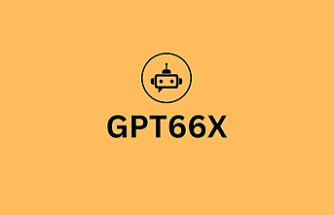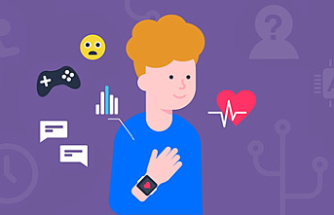SILIVER SPRING (Md. -- Nuro, an electric vehicle manufacturer, announced Tuesday that it has received $600 million from Google and Kroger to fund its autonomous delivery vehicle development.
As part of a 2018 partnership, the Silicon Valley robotics company has delivered thousands of groceries to Kroger.
Griffin Schroeder (partner at Tiger Global), who led the financing round, said that "Demand is exploding for local deliveries." "Nuro is the bridge that will bring about a new era of autonomous, sustainable and low-cost local delivery."
Nuro also signed a five year strategic partnership with Google Cloud to continue the development of zero-occupant autonomous delivery vehicles. It said it will be exploring opportunities with the tech giant in order to "strengthen, transform local commerce."
Nuro announced a partnership in recent months with FedEx, and has piloted pizza delivery services with Domino's in Houston.
Nuro announced that it had invested $40 Million in a Nevada manufacturing plant and closed-course testing track in August.
The National Highway Traffic Safety Administration granted Nuro temporary approval to operate its low-speed autonomous delivery cars that are not designed for human drivers. The delivery vehicles, called "R2", are equipped with laser camera, radar, and radar sensors. However, they do not have windshield wipers or steering wheels.
At 3.6 feet wide by 9 feet long, the battery-powered vehicles are approximately 1.1 meters wide by 2.7 meters long. They are considerably shorter than Mini Coopers, but more than one foot taller. They can travel up to 25 mph and can be controlled remotely by a human operator if necessary.
Nuro has been a pilot for autonomous local delivery in Texas and Arizona.
In the aftermath of the COVID-19 epidemic, many companies are stepping up their efforts to deliver their products faster to customers. This has prevented people from doing basic tasks like shopping at grocery stores or ordering food from restaurants.
Date Of Update: 05 November 2021, 08:07











